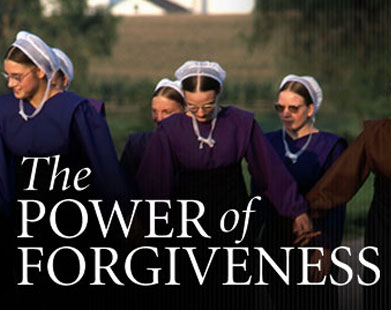
A Patristic Reading of Scripture
Last week, Robert Lewis Wilken gave an excellent speech at Wheaton College on the Church Fathers’ method for interpreting Scripture. His talk was given at the inauguration of the Wheaton Center for Early Christian Studies. David Neff reports:
Wilken made several key points about the Fathers’ nonliteral and image-laden reading of the Bible.
1. The New Testament authors clearly applied Old Testament texts in ways that departed seriously from the plain, surface meaning of the text. When Paul cites Psalm 19 in Romans 10 (“their voice is gone out into all the worldâ€), he applies the Psalmist’s statement about the heavens to the preaching of the apostles. This runs against the plain meaning, said Wilken.
2. The books of Scripture do not bear their own significance. They must be united to something greater, which is Christ. Thus Paul interprets the creation of man and woman as a great mystery, which is Christ and the church; and he interprets the water-giving rock in the Sinai desert as Christ.
3. Typically, such creative renderings of the Bible are focused on the Old Testament. That is because the Old Testament text signifies Christ, but the New Testament text does not signify another Christ. It requires no allegory or analogy to reveal the Incarnate Word.
4. The Fathers also understood the interpretation of Scripture to require the reader’s participation in the spiritual reality of the text. Thus it is not enough to say that Christ was crucified. We must also say, “I am crucified with Christ,†and thus also I am raised with Christ.









